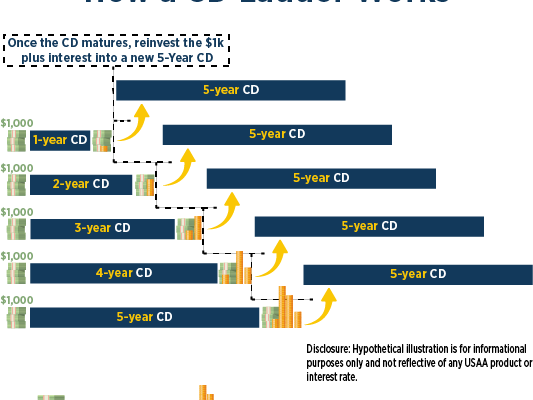Is Vegan Meat Healthy? It Depends.

In recent years, the popularity of plant-based diets and vegan meat alternatives has skyrocketed. As people are becoming more conscious of their dietary choices and the environmental impact of animal agriculture, they are seeking vegan meat substitutes to satisfy their cravings without compromising on flavor. But are these vegan meats healthy? The answer is, it depends.
Understanding Vegan Meats
Vegan meats are plant-based alternatives to traditional animal-based proteins such as beef, pork, chicken, and seafood. They can be made from a variety of ingredients including soy protein, wheat gluten (seitan), legumes, nuts, and seeds. Some popular vegan meat brands include Beyond Meat, Impossible Foods, Tofurky, and Lightlife.
Nutritional Value
When comparing the nutritional value of vegan meats to their traditional counterparts, it’s essential to consider a few factors. First and foremost: What is the serving size? Make sure to compare equal portion sizes when determining which option is healthier.
Protein content can vary between different types of vegan meat products. One serving of Beyond Burger contains 20 grams of protein, while a serving of Tofurky’s Italian sausage has 30 grams. In comparison, one serving of 85% lean ground beef consists of 22 grams of protein. These numbers suggest that protein needs can be met through vegan options; however, quality and amino acid profiles may differ between plant and animal sources.
When it comes to saturated fat content, most vegan meats typically have less than their actual meat counterparts. Unsaturated fats – which are generally considered healthier – can also be found in some plant-based meats.
Switching to vegan meat options can provide additional benefits as they often contain more fiber due to their plant-based ingredients. Fiber is essential for maintaining healthy digestion and reducing the risk of heart disease.
Potential Downsides
Although vegan meats offer substantial benefits over traditional meat sources in specific areas, they may come with some potential downsides. Several highly processed plant-based meat alternatives contain higher levels of added sodium, which can contribute to an increased risk of high blood pressure if consumed excessively.
The ingredients used to create a realistic texture and taste in vegan meats can sometimes lead to an increased calorie count. This can be a drawback for those looking to manage their daily caloric intake for weight loss or maintenance. Be mindful of the nutritional content of vegan meats and consume according to your personal dietary needs.
Conclusion
In conclusion, the healthiness of vegan meat depends on several factors such as protein content, fat composition, sodium levels, and the degree of processing. Plant-based meat alternatives can be healthier than their animal counterparts when consumed mindfully. As with any food choice, be aware of the nutritional value and consider how it fits into your overall diet. For some people, consuming plant-based meat options in moderation alongside whole foods could be beneficial and contribute positively to a balanced diet.






